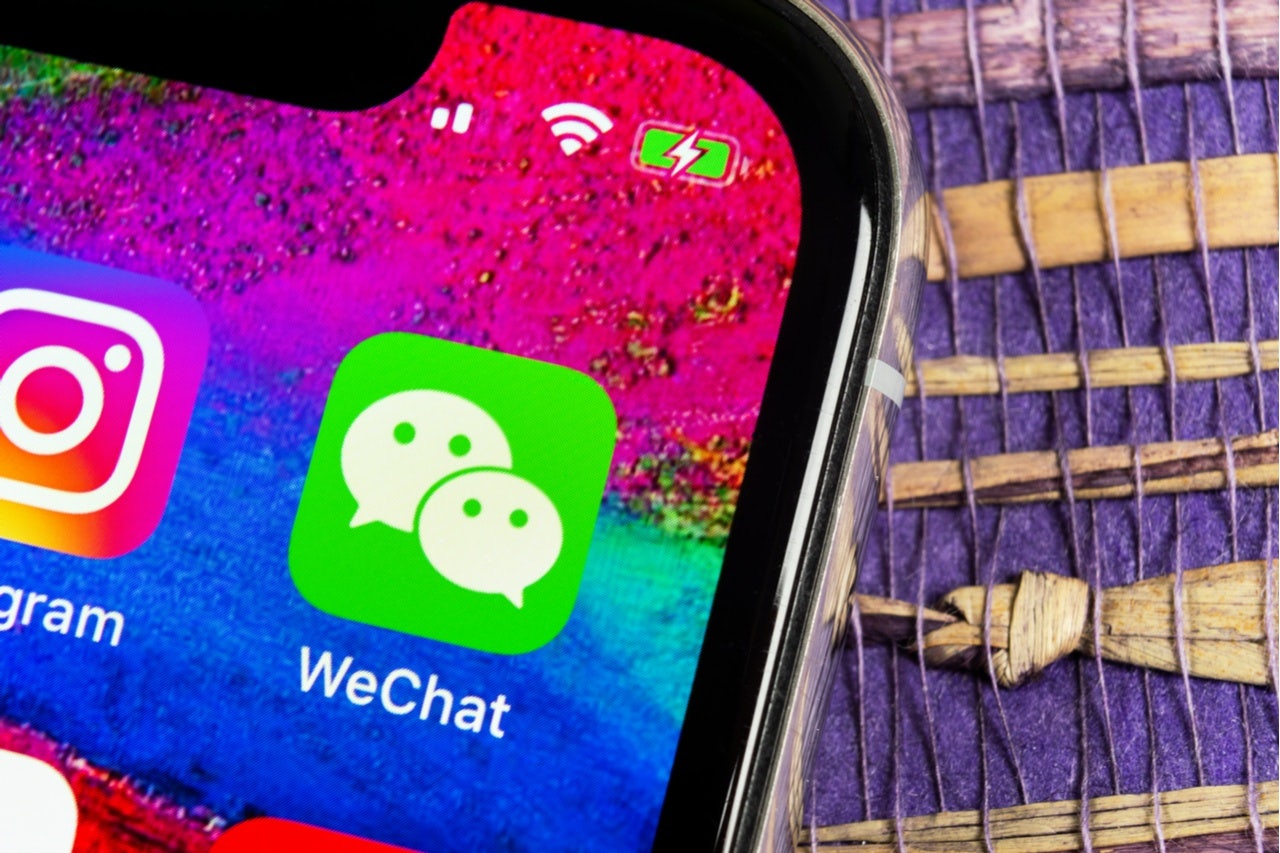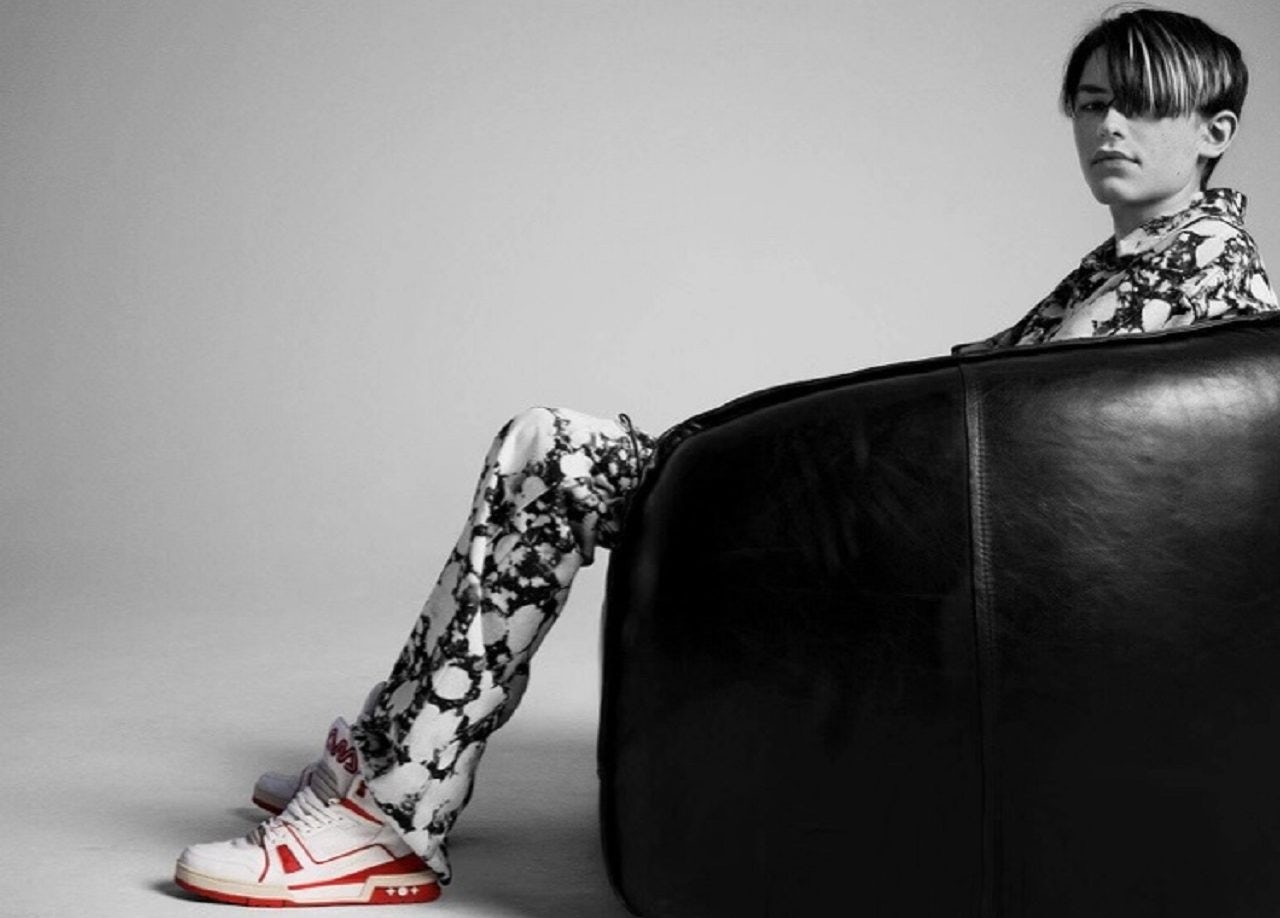For some in China’s luxury industry, WeChat’s booming digital ecosystem is second nature. The plethora of sales methods, youthful influencers, and buzzwords like “mini-program” and “brand zone” are all part and parcel of being present in this rapidly-evolving Chinese market.
However, many Western luxury brands are diving into this world head first, without even the basic knowledge to back up their enthusiasm. Faux pas by the likes of Dolce &Gabbana and Burberry suggest no one is immune to online backlash. The risk is just as great for smaller luxury brands that are looking for a way into WeChat marketing. What should be on their radar? And how can they avoid these same pitfalls?
Last week saw the first "Luxury and WeChat" conference in London hosted by Tong Digital and Diligent Commerce, a fashion, luxury and lifestyle ecommerce agency. Established in 2014, Tong Digital offers brands technology-driven entry strategies into China’s online retail market. In the past, they’ve worked with several iconic British organizations, including BAFTA, Fortnum & Mason and Whittard of Chelsea.
The conference offered brands not yet present in China the opportunity for a back to basics WeChat marketing education — and perhaps a well-needed refresher for some of the industry’s giants. Here are three takeaways from the panel that reinforce some of the mainstays of WeChat marketing in the fashion and luxury industry, and why their importance should not be understated.
1. Don’t Run Before You Can Walk#
In today’s WeChat world, it can be tempting for brands to jump on the bandwagon of mini-programs and influencers without understanding the basics of WeChat marketing. “I’ve had brands come to me and tell me they want to launch an advanced WeChat mini-game, before even having an official WeChat account,” explained Tong Digital Co-founder Adam Knight. “Certain basics of WeChat, like targeted ads, are often thought of as a “necessary evil” of WeChat marketing — but they are crucial. Targeted ads are vital for brands just starting out in the Chinese market to raise awareness among consumers. Customers won’t want a mini-program if they have no idea who you are, so start slowly.”
2. Personal Connection Counts#
The reason influencer marketing can be so successful in China is down to trust. Fans trust the word of popular KOLs who have proven themselves in the past by recommending authentic and valuable products and brands. This personal connection is key to brands looking to launch in the Chinese market, as Knight explained, “There are many ways brands seek to connect with Chinese customers online. It’s important to remember that although posts and likes are useful, they only tell one side of the story. Brands now need to work harder and harder to push shoppers offline, and there are examples of brands offering vouchers through WeChat to encourage physical footfall in store. Live streaming is another way to build individual connections with consumers, bridging the gap between stale online posts, though with a more personal approach.”
3. Beware Influencer Scams#
Jing Daily recently reported that Chinese influencers yield far better returns than their Western counterparts. This was due, in part, to less competition for advertising platforms, more opportunity to diversify revenue streams, and fewer influencer rules and regulations. Given this, it’s no wonder that working with Chinese influencers is a boon for Western luxury brands.
However, due to the millions of Chinese influencers out there, Tong Digital co-founder James Campbell warns brands to beware, “The right influencer for your brand can be the difference between an iconic marketing campaign and a complete flop. You only need to look in the past at some of the mistakes made by some of the luxury giants to see how careful you should be. Unfortunately, because of how easy it is to become an influencer in China, there are lots of people buying followers and likes, and making it seem like their reach is a lot larger than it actually is. Without an experienced team in China, brands can be tricked by these influencers, and lose a lot of money. You need people in China who know about China, and know how the online ecosystem works.”

